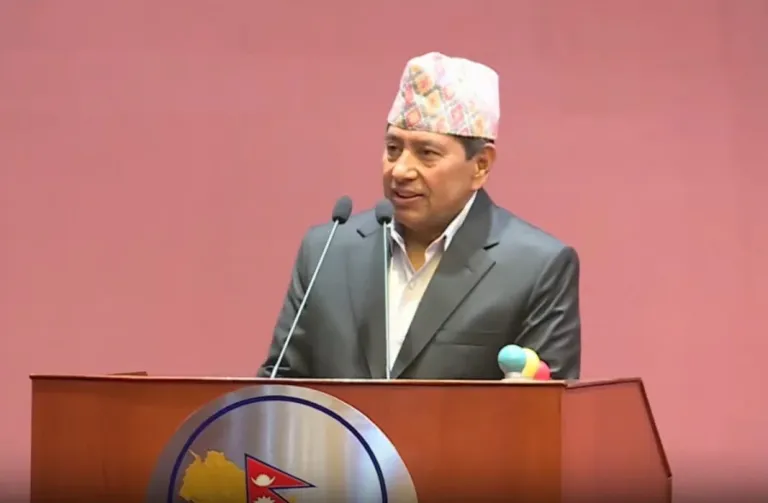

काठमाडौं। नेपाली कम्युनिष्ट पार्टीका नेता नारायणकाजी श्रेष्ठले राष्ट्रिय सभा सदस्य पदबाट राजीनामा दिएका छन्।
नेता श्रेष्ठले आज (आइतबार) राजीनामा दिएको संघीय संसद् सचिवालयले पुष्टि गर्यो।
श्रेष्ठले फागुन २१ गते हुने प्रतिनिधि सभाको निर्वाचनमा उम्मेदवार बन्न पदबाट राजीनामा दिएका हुन्।
२०७० सालमा मकवानपुर र २०७४ मा गोरखाबाट चुनाव लडेका श्रेष्ठले २०७६ मा राष्ट्रिय सभा सदस्य निर्वाचनमा जितेका थिए।